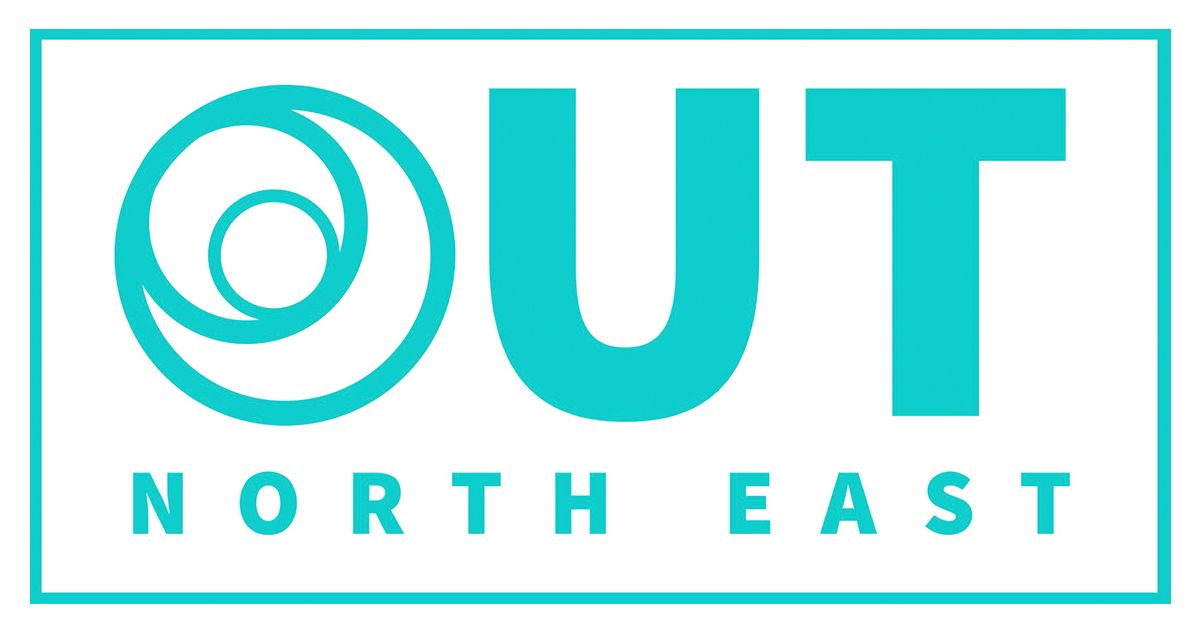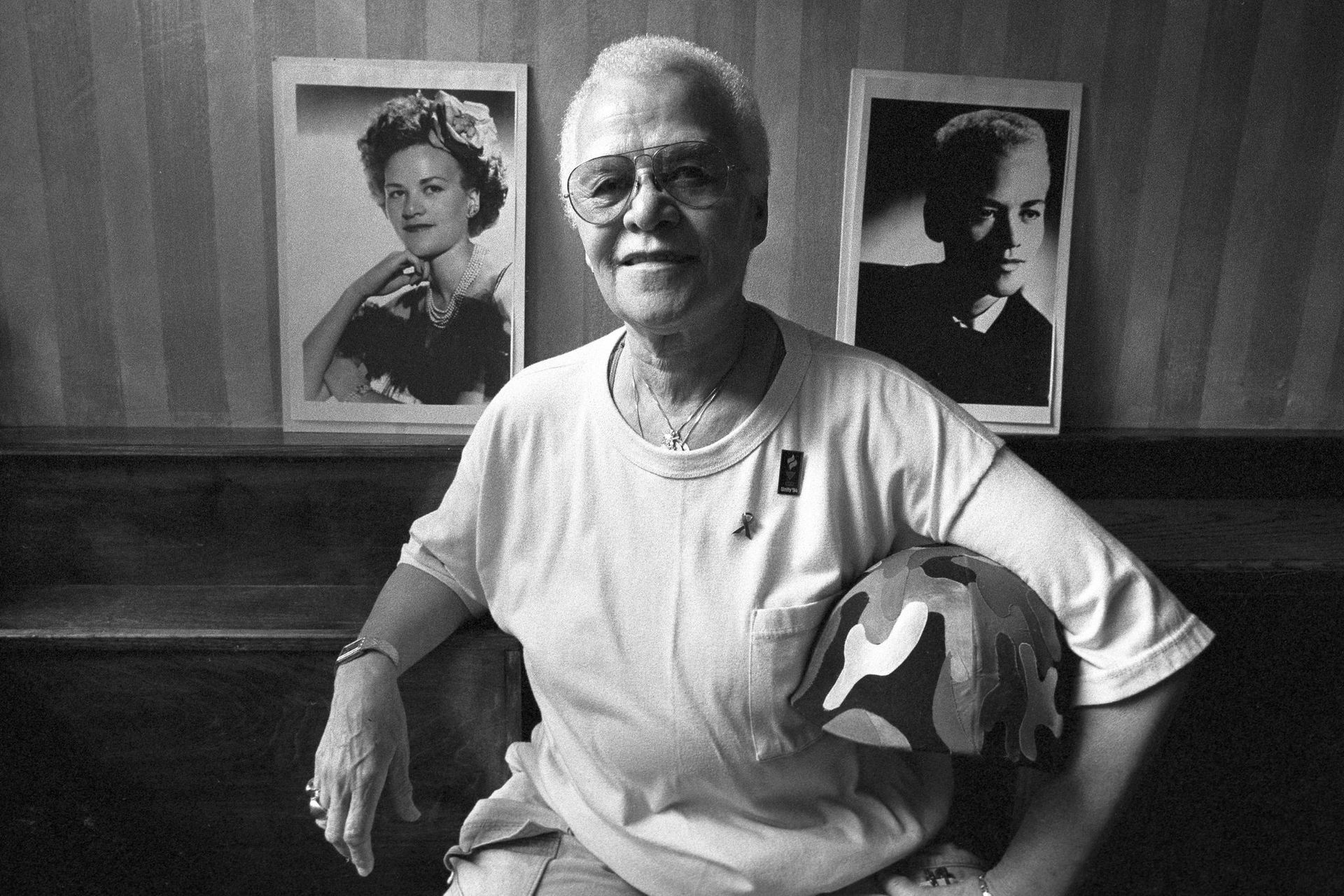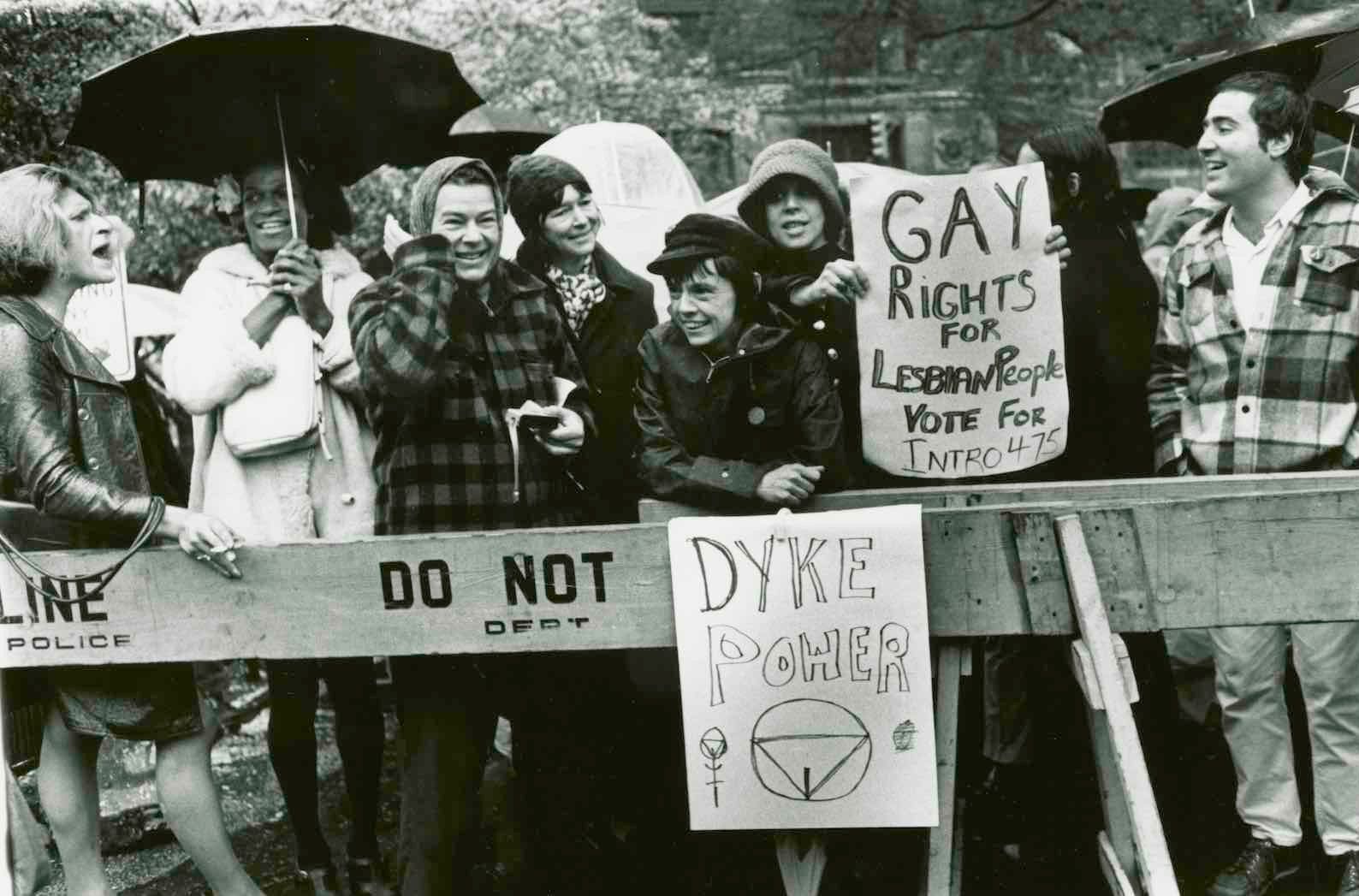Pride History
The Stonewall Riots took place on 28 June 1969 and are widely regarded as a watershed moment in the history of LGBTQ+ rights and the catalyst for the modern gay rights movement.
It was a series of spontaneous demonstrations by members of the LGBTQ+ community against police harassment and discrimination at the Stonewall Inn, a gay bar in New York City's Greenwich Village.
During the 1960s, LGBTQ+ individuals faced significant societal discrimination and legal persecution. Homosexuality was often considered a mental disorder, and same-sex relationships were criminalised in most US states. The few bars and clubs that served as safe spaces for the community were relentlessly targeted by law enforcement.
In the early hours of June 28, 1969, the police raided the Stonewall Inn, attempting to arrest employees and patrons for violating laws prohibiting same-sex relations, cross-dressing, and serving alcohol to LGBTQ+ individuals. While such raids were common during this time, the events at Stonewall would unfold very differently.
Members of the community had gathered to remember LGBTQ+ icon and Hollywood legend, Judy Garland who had passed away the week before. Emotions were high and as the police entered the bar, tensions quickly escalated. The patrons, tired of being victimised and oppressed, and angry that their memorial was being disrupted decided to fight back. The raid sparked a spontaneous uprising fuelled by frustrations and anger over years of discrimination. The crowd began to resist and challenged the police officers, refusing to be arrested quietly.
Storme DeLarverie, a proud lesbian, drag king and lifelong gay activist is widely acknowledged to have thrown the first punch in protest though drag performers and trans activists Marsha P Johnson and Sylvia Rivera soon became the public faces of the protests.
What started as a confrontation between police and patrons quickly escalated into larger protests, with hundreds of people joining in solidarity over the following days. Protesters chanted, threw objects at the police, and fought back against the constant oppression they had endured.
The Stonewall Riots lasted for several nights, serving as a turning point in the fight for LGBTQ+ rights. The demonstrations garnered significant media attention and became a rallying cry for the emerging gay rights movement. Activists and community members mobilised, forming numerous advocacy organisations and demanding an end to the discrimination faced by the LGBTQ+ community.
In the aftermath of the riots, the Gay Liberation Front and the Gay Activists Alliance were formed, serving as important platforms for the advocacy and organisation of LGBTQ+ rights. Annual marches were initiated around the world to commemorate the Stonewall Riots and to continue the fight for equal rights. Pride Festivals, as we know them now, were established.
The impact of the Stonewall Riots cannot be overstated. It galvanised the LGBTQ+ community, empowering individuals to stand up against discrimination and demand equal treatment. It also helped change public perception, gradually leading to the decriminalization of homosexuality and the recognition of LGBTQ+ rights worldwide.
The Stonewall Riots were a pivotal moment, not only in LGBTQ+ history but also in the broader struggle for civil rights. The movement has since grown, achieving significant victories such as the legalisation of same-sex marriage and anti-discrimination legislation in many countries. However, the fight for LGBTQ+ rights remains ongoing, with continued challenges and obstacles to overcome.
The Stonewall Riots symbolise the power of collective action and the importance of standing up against injustice. They serve as a reminder that change is possible and that marginalised communities can fight for their rights, ultimately shaping a more inclusive and accepting society for future generations.
Why are Prides important?
Pride events are still important to the LGBTQ+ community for several reasons.
Firstly, they provide a sense of visibility and empowerment. For many years, the LGBTQ+ community has been marginalised and oppressed, and pride events serve as a platform to celebrate their identities and express their authentic selves without fear of judgment or discrimination. It allows individuals to come together and boldly showcase their diversity, creating a strong sense of unity and belonging within the community.
Secondly, pride events serve as a powerful advocacy tool. They create an opportunity to raise awareness about LGBTQ+ issues and advocate for equal rights. Through colorrful parades, rallies, and various activities, pride events not only celebrate progress and achievements but also shed light on ongoing struggles and challenges faced by the community. This helps to educate the general public, challenge stereotypes, and promote acceptance and understanding.
Another important aspect of pride events is the social support they offer. Within the LGBTQ+ community, many individuals have faced rejection or isolation from their families, friends, and society as a whole. Pride events provide a safe space for people to connect with others who share similar experiences and create a network of support. It allows individuals to build friendships, find resources, and access various support services, such as mental health support or LGBTQ+ community organisations.
Furthermore, pride events play a role in promoting self-acceptance and self-love. Many LGBTQ+ individuals may struggle with their identity due to societal stigma or internalised homophobia, biphobia, or transphobia. They provide a space where where individuals can see others who have embraced their authentic selves and are living out loud with pride, which can be empowering and inspiring for those who may still be on their own journey toward self-acceptance.
Pride events are important to the LGBTQ+ community because they offer visibility, empowerment, advocacy, social support, and promote self-acceptance. These events not only celebrate the diversity and resilience of the community but also serve as a platform to address ongoing challenges and work towards achieving equality and acceptance for all.
Why Do we need Pride?
“Hey, you’ve got equality, what more do you want?”
Have you ever heard someone say this?
It’s true, the LGBTQ+ community in the UK has made significant strides in recent years towards achieving equality and recognition. However, the path to full acceptance is still marked by various challenges that continue to affect the lives of LGBTQ+ individuals. Looking into the future, several key issues are likely to shape the landscape for the LGBTQ+ community and this is where Pride can play its part.
One major challenge is the persistence of discrimination and prejudice. Despite legal advancements such as the legalisation of same-sex marriage, LGBTQ+ individuals often face discrimination in various aspects of their lives, including the workplace, healthcare, and housing. Tackling deep-rooted prejudices requires ongoing efforts in education and awareness to foster a more inclusive society.
Mental health disparities within the LGBTQ+ community represent another critical challenge. Research consistently indicates higher rates of mental health issues, including depression and anxiety, among LGBTQ+ individuals compared to their heterosexual counterparts.
Addressing this requires not only improving access to mental health services but also challenging societal norms that contribute to the stigmatisation of LGBTQ+ identities. Transgender rights and visibility also stand out as a crucial area of concern.
Transgender individuals face unique challenges, including difficulties accessing gender-affirming healthcare, legal recognition, and higher rates of violence. The future demands a comprehensive approach to address these issues, including legal reforms, better healthcare access, and increased public awareness about transgender rights.
The education system remains an arena where progress is needed. LGBTQ+ inclusive education is essential to create an environment that is supportive and understanding of diverse sexual orientations and gender identities. Future challenges involve ensuring that LGBTQ+ history, contributions, and experiences are integrated into educational curricula to promote acceptance and combat stereotypes.
Hate crimes against the LGBTQ+ community persist and tackling them requires a multi-faceted approach. Law enforcement agencies need to be adequately trained to handle such cases, while society as a whole must actively reject hate and intolerance. Strengthening legal frameworks to protect LGBTQ+ individuals from discrimination and violence is crucial for creating a safer environment.
Intersectionality adds complexity to the challenges faced by the LGBTQ+ community. Individuals who belong to multiple marginalised groups, such as the transgender community or those with disabilities, may experience compounded discrimination. The future must prioritise an intersectional approach that recognises and addresses the unique struggles faced by individuals with intersecting identities.
The digital landscape presents both opportunities and challenges. While online platforms provide spaces for LGBTQ+ individuals to connect and organise, they also expose them to cyberbullying and harassment. Future efforts should focus on fostering positive online environments, enforcing anti-discrimination policies, and combating cyber threats against the LGBTQ+ community.
The future challenges facing the LGBTQ+ community in the UK are multifaceted and require a comprehensive and collaborative approach. Continued efforts in education, legislation, mental health support, and intersectional advocacy are essential to creating a society where all individuals, regardless of sexual orientation or gender identity, can live authentically and without fear of discrimination.
We can only do this together as one proud community with the support our fantastic allies. Pride events are not about asking for more rights, but fighting for the same rights as everyone else.
BE PROUD



